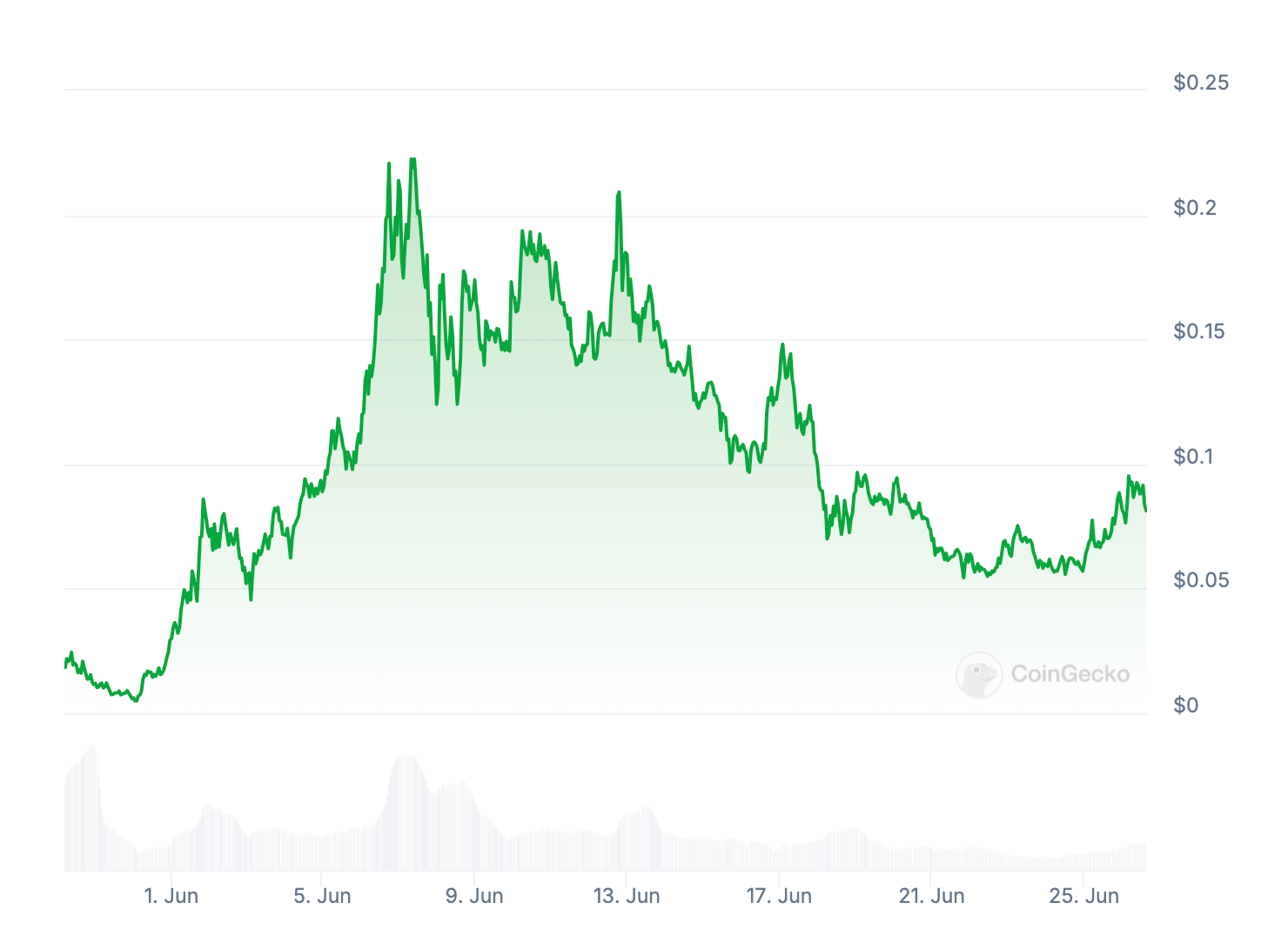
With crypto back in a bull market, history is starting to repeat itself—and celebrities with short memories are jumping back in.
It's only been a few short years since Kim Kardashian was fined $1.26 million for promoting EthereumMax to millions of followers on Instagram, and banned from touting digital assets online for three years.
During the last cycle, a star-studded list of names—including Lindsay Lohan, Akon, Ne-Yo and Jake Paul—also coughed up $400,000 after being collared by the SEC for posting about coins online without revealing they were paid.
Undaunted by what's happened into the past, several celebs are now aping into memecoins, and potentially opening themselves up to lawsuits from aggrieved investors if (or when) the coins they launch crater in value.
Part of the problem is how it's suddenly become a lot easier to create tokens, with websites like pump.fun allowing digital assets to be rolled out on Solana in a few clicks. Some estimates suggest that over 400,000 tokens made their debut on this blockchain last month alone.
Some end up getting more traction than others, with the Australian rapper Iggy Azalea causing a splash when her token MOTHER went live in May.
Crypto is sexy
— IGGY AZALEA (@IGGYAZALEA) May 29, 2024
Data from SolScan shows MOTHER has an $80 million market capitalization at the time of writing, as well as over 27,000 holders.
Azalea's even claimed that she wants this digital asset to have real utility, and recently suggested that the coin will be accepted as a payment method for cell phones and data plans.
As with most memecoins, price action has been pretty choppy to say the least:

In some ways, you could argue that the dawn of so-called "celebcoins" has the potential to be even more damaging than endorsements of existing projects.
Given many of these influencers have millions of followers, a single post could cause a trading frenzy—and lead to well-intentioned but naive fans losing a substantial amount of money. By the time regulators sit up and take notice, the damage will have been done.
The sudden surge in popularity for memecoins also suggests that there's wild excesses and froth in the market, and the bubble will inevitably burst.
What's more, the newfound trend for celebrities launching their own tokens makes it even harder to detect when an opportunistic criminal has hacked a high-profile X account for their own gain.
Just last week, we saw this in action when 50 Cent's profile, as well as his website, were used to promote a pump-and-dump scheme without his knowledge.

Posting on Instagram, the rapper claimed that those responsible would have managed to pocket $3 million in just half an hour.
The road of celebrities and crypto is littered with reputational damage, litigation, hefty fines and investor harm.
And with the momentum surrounding memecoins showing no sign of slowing down, it's only going to get worse.
